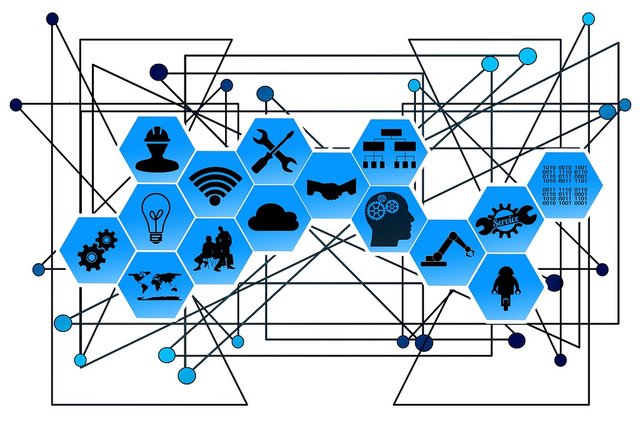Digital poverty as a new poverty variable

According to the United Nations (UN), poverty is understood as the economic situation where there is no standard per capita income, nor access to food, health, housing, education, availability of water, electricity and gas, however, this traditional concept of poverty whose measurement indices have been proportionally oriented only to the economic, and on the other hand, generates an oversimplification of what poverty really can be.

Fig. 2 Historically, poverty has been oriented to low income in traditional fiat currencies. Image of public domain, Author: Tumisu, 2020
These elements, historically used to measure poverty, do not correspond to other situations of emotional, social and technological vulnerability that people suffer today, which is why, in the current context of modernity, the traditional concept of poverty has been labeled as obsolete, and has motivated the United Nations Development Program (UNDP) to implement new parameters that tend to measure poverty more accurately.
In this sense, in the last decade the UNDP has developed research aimed at comparing the multiple situations that affect society, and as a result of its monitoring processes, has decided to perfect a new system for measuring poverty called "Multidimensional Poverty Index", in this new method of measurement is proposed to include the indicator of "Digital Poverty".
Now, before moving on, it is necessary to indicate that "Digital Poverty" has been defined as the lack of connectivity or access to the Internet, an element that, according to the vision of specialists in human development in the current context of technological modernity, when a state does not guarantee Internet connectivity, affordable rates, as well as a good connection service and navigability, it is subjecting society to a new form of poverty.

Fig. 3 In the current context of technological modernity, society has the possibility of capturing digital resources and satisfying its basic needs. Image of public domain, Author: Geralt, 2017
Hence, "Digital Poverty" has been conceived as a new form of poverty, because although low incomes in traditional fiduciary currencies prevent the purchase of essential foodstuffs and cover the costs of basic services, the lack of Internet connectivity prevents society from accessing new possibilities of digital income, which can be captured in conventional platforms and fundamentally from Web 3.0. I look forward to reading your insights and comments.
BIBLIOGRAPHICAL REFERENCES CONSULTED:
[1] UNS - United Nations Statistics Division. Handbook on Poverty statistics: Concepts, Methods and Policy Use. 2005. Article: Online access
[2] UNDP. Global Multidimensional Poverty Index. 2019. Article: Online access
[3] Lopez K. To end poverty, there must be digital connectivity for all. 2016 Article: Online access